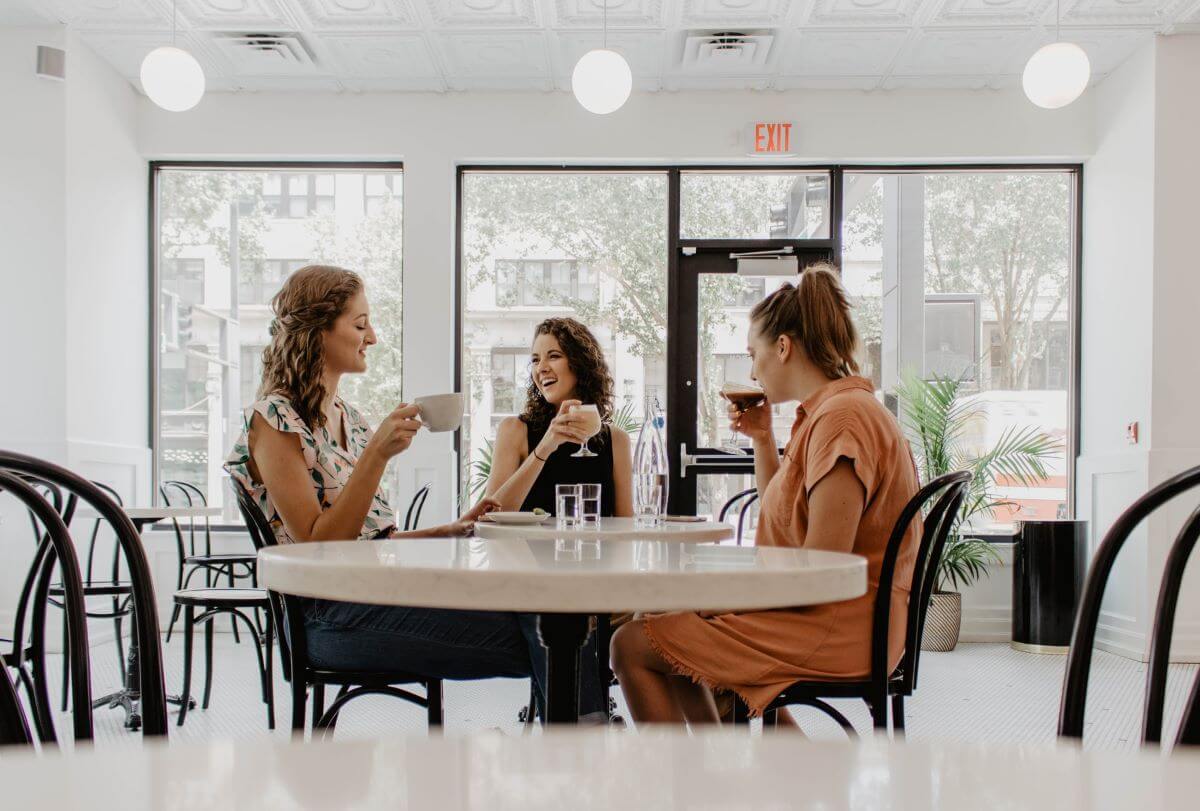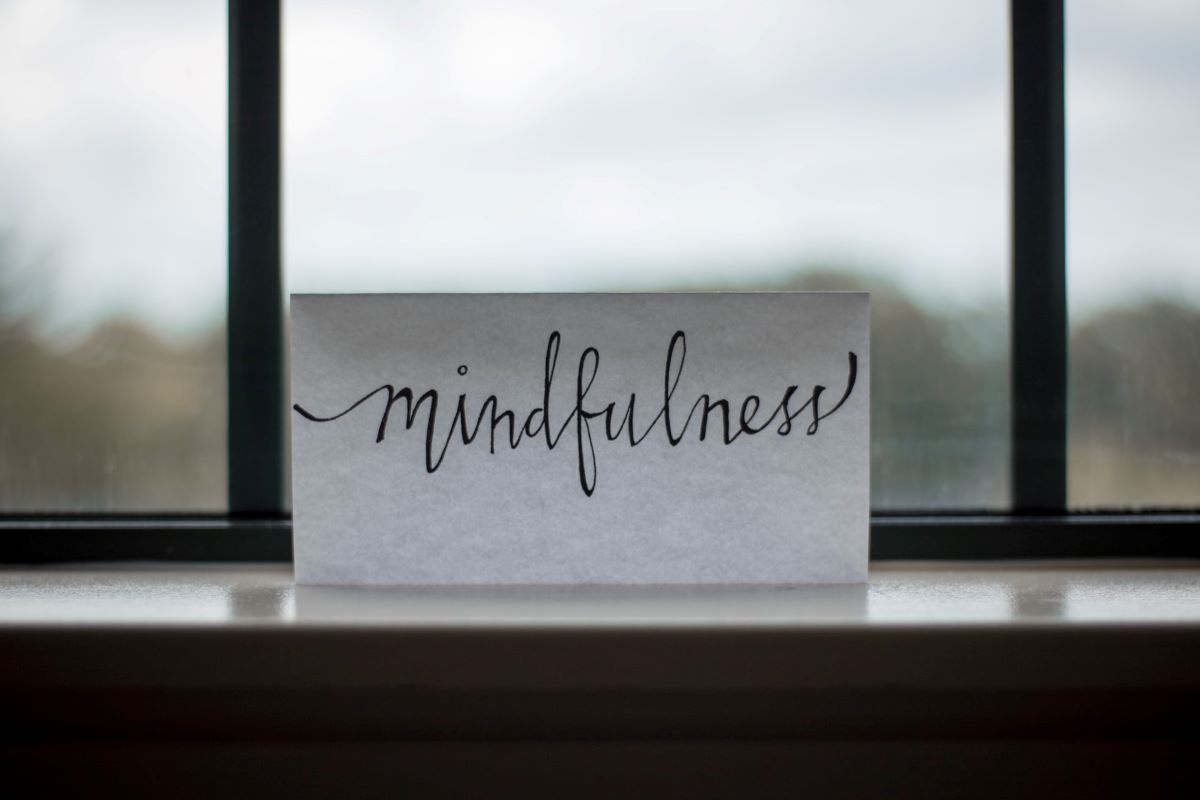With the vaccinated population on the rise, society is opening back up. Schools are returning to in-person learning, and many jobs that have been remote this past year are transitioning back to working at the office.
Outside of the professional setting, things are changing too. People are meeting up again and traveling to visit friends and family. Social interactions are on the rise. That is a big change from life in the pandemic. It is a great change.
It does, however, signify a return to many more social situations. For those with social anxiety, it is a return to many situations that have caused them stress in the past. In this article, we will explore:
- How the pandemic affects social anxiety
- How to get back into social situations
- Ways to cope with social anxiety
How the Pandemic Affects Social Anxiety

With the return to the “new normal,” many people are forced to confront feelings of social anxiety. Everyday social activities like talking to co-workers or students, seeing friends, and making small talk have been lessened considerably during quarantine.
Returning to a social society after many months in quarantined isolation is a frightening prospect for everyone. Everyday activities post-pandemic may induce a level of social anxiety where they never did before.
A Reprieve from Anxiety Triggers
Many people decreased their everyday amount of social interactions through this past year. With working from home and online schooling, many avenues of casual interaction have stopped.
While this eliminates certain anxiety-inducing triggers from people’s lives, it only makes it harder to get back into a routine where they are commonplace. These small activities like saying hello when passing someone in the hallway or engaging in a few minutes of small talk are much more significant events than they were a year ago.
Effects on Existing Social Anxiety
People who have lived with social anxiety before the pandemic began may have enjoyed the opportunity to reduce their daily social interactions. The long quarantine will only make it more difficult to return to the “new normal” of society. The reprieve from anxiety triggers, while nice at the time, can worsen the symptoms of social anxiety.
Effect on New Social Anxiety
After spending so much time being isolated from social contact, it is likely the rates of social anxiety have increased. It is not necessarily a big change, but for those who have never dealt with any anxiety in social situations, there might be some symptoms.
If you have some symptoms, they might become worse as we all return to society. At this time, it is unclear if this will be a lasting change, or if any elevated symptoms of social anxiety will fade as time goes on. If you are feeling anxious about returning to society, you are not alone. The rest of this article will talk about some strategies to ease the transition back into the new normal.
Getting back into Social Situations

Social anxiety is more than a general feeling of nervousness about being in a social situation. Thinking about how others perceive and think about you can cause anyone stress, but it is heightened with social anxiety. Worrying about how others think you look, or if they think you are nervous can spiral into more and more stress, making it much harder to exist in a social situation.
Take it One Step at a Time
Easing back into a daily, social life will make it easier. For those with the option, going back to work one or two days a week will lessen the stress and anxiety that those days might give. It also leaves more time to relax and unwind after the stresses of an in-person environment.
It is Okay to be Uncomfortable
After spending so much time at home, it is normal to be nervous about this change. It is likely that your peers are also nervous. Take your time getting back into the swing of social interaction.
When possible, it is worth it to prepare for situations you know to be stressful. This is called coping ahead. For example, on the night before going back to work for the first time, eating a nice meal, relaxing, and getting to bed at a reasonable hour help you feel good the next day. Starting off well can ripple throughout the day, making it a little less stressful.
Returning to Everyday Social Situations
Now, everyday social situations may bring on much more stress than before. It is common to be nervous about greeting your peers in passing, or of a five-minute morning conversation. Returning to these common social interactions will take time. For a while, people will have different comfort levels. It is okay to set your boundaries about what you are and are not comfortable with.
Feeling nervous is normal, and as time goes on some of those feelings will probably go away. If nervousness persists, interfering with concentration and making you feel symptoms of panic, which are trouble breathing, feeling faint or shaky, or having your heart race, it might be time to talk to your doctor or mental health professional.
Coping with Social Anxiety

There are many ways to cope with social anxiety, professional help only being one of them. For milder symptoms, a mixture of introspection and talking with friends and family helps.
Cultivate a Positive Mindset
Your mindset dictates how you feel and respond to the stressors in your daily life. It drives both negative and positive thoughts that derive from every situation you are in. Your mindset affects how you view social situations. One symptom of a negative mindset is thinking the worst of every situation you are in.
Taking time, both in and out of stressful situations, to cultivate a positive mindset is a great way to reduce feelings of social anxiety in every situation. Changing your mindset is a difficult process, but yields great results.
Spotlight Effect
The spotlight effect is the phenomenon where people assume their mistakes are as noticeable to others as it is to themselves. In a conversation, you might be conscious of every word you stumble over and how you’re moving from one foot to the other, or that your shirt is wrinkled.
Leaving that conversation, those items will be at the forefront of your mind, but it is unlikely anyone else there noticed. People do not pay as close attention to you as you do to yourself.
Talking to Friends and Family
Talking to a close friend or family member is a great way to cope with social anxiety. Be it unpacking a social situation that is still giving you stress or preparing for a future one, a conversation can work wonders.
Journaling is a similar coping mechanism. What these two have in common is taking these ideas, stresses, and anxieties out of your head and getting them on paper or saying them in conversation.
Social Anxiety in the New Normal
The transition from working from home to going back into the workplace is going to be difficult for everybody. It is okay to feel nervous about situations that did not give you any pause before. Over time, some of these feelings will go away, and if they do not, there are many avenues to cope with the symptoms that ail you. If your anxiety is affecting your daily routine, it might be time to talk to your doctor or mental health professional.
